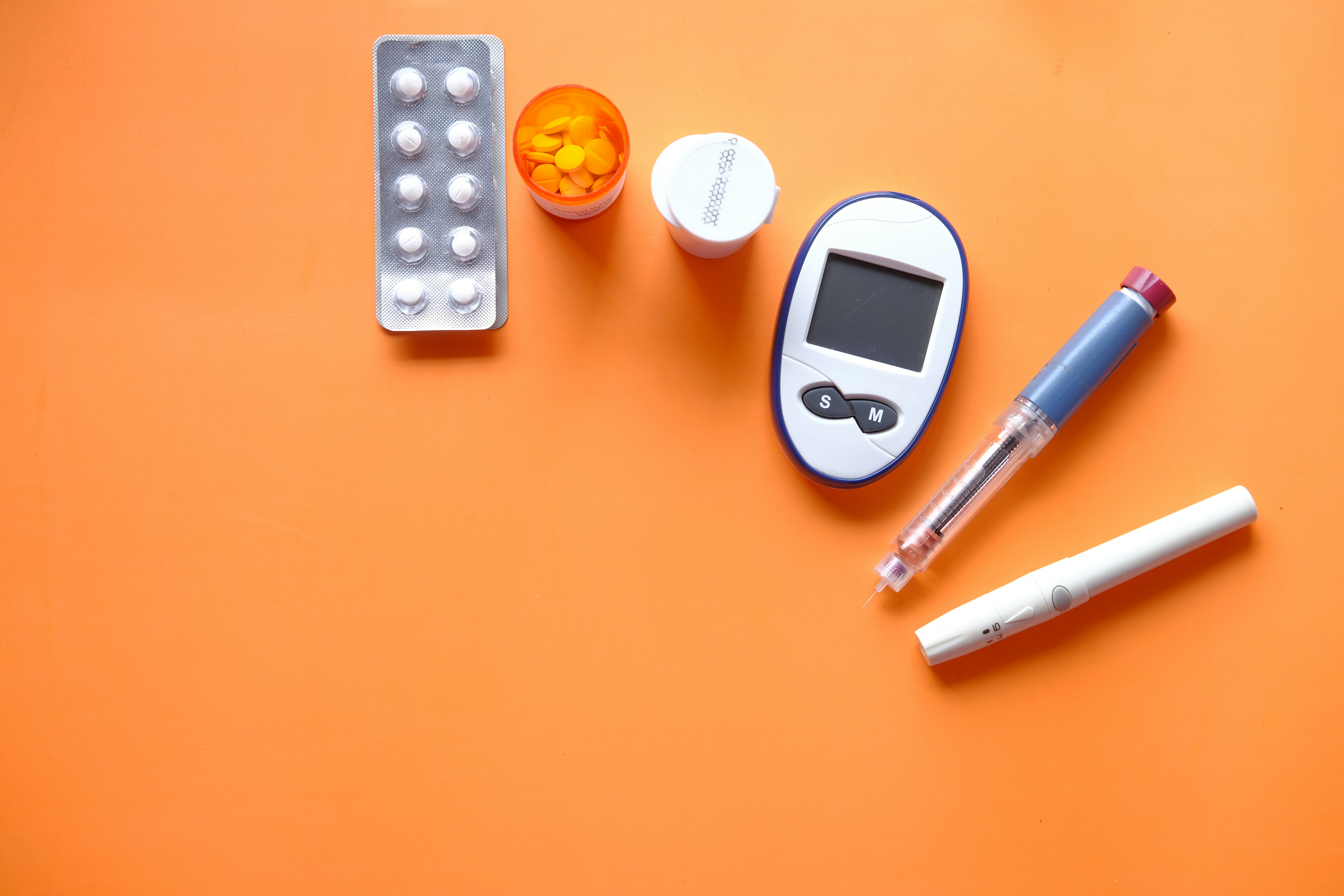Understanding Diabetes: Causes and Easy Fixes
Diabetes is a chronic condition that affects millions of people worldwide. It occurs when the body either does not produce enough insulin or cannot effectively use the insulin it produces. Insulin is a hormone that regulates blood sugar levels, and without it, glucose cannot enter the cells to provide energy. As a result, blood sugar levels become elevated, leading to various health complications. In this article, we will explore the causes of diabetes and provide some easy fixes to help manage the condition.
Causes of Diabetes
1. Type 1 Diabetes: This type of diabetes is an autoimmune disease where the immune system mistakenly attacks and destroys the insulin-producing cells in the pancreas. The exact cause of type 1 diabetes is still unknown, but it is believed to involve a combination of genetic and environmental factors.
2. Type 2 Diabetes: This is the most common form of diabetes, accounting for around 90-95% of all cases. It occurs when the body becomes resistant to insulin or does not produce enough insulin to maintain normal blood sugar levels. Several factors contribute to the development of type 2 diabetes, including genetics, obesity, sedentary lifestyle, poor diet, and age.
3. Gestational Diabetes: This type of diabetes affects pregnant women who have never had diabetes before. Hormonal changes during pregnancy can lead to insulin resistance, resulting in high blood sugar levels. Gestational diabetes usually resolves after giving birth, but it increases the risk of developing type 2 diabetes later in life.
Easy Fixes for Managing Diabetes
While diabetes is a lifelong condition, there are several easy fixes that can help individuals manage their blood sugar levels and improve their overall health:
1. Healthy Eating:
Adopting a healthy eating plan is crucial for managing diabetes. Focus on consuming a balanced diet that includes whole grains, lean proteins, fruits, vegetables, and healthy fats. Avoid sugary drinks, processed foods, and excessive consumption of carbohydrates. Portion control is also essential to prevent blood sugar spikes.
2. Regular Physical Activity:
Engaging in regular physical activity can help improve insulin sensitivity and lower blood sugar levels. Aim for at least 150 minutes of moderate-intensity aerobic exercise per week, such as brisk walking, swimming, or cycling. Additionally, include strength training exercises to build muscle mass and further enhance glucose metabolism.
3. Weight Management:
Maintaining a healthy weight is crucial for managing type 2 diabetes. Losing even a small amount of weight can significantly improve insulin sensitivity and blood sugar control. Focus on gradual weight loss through a combination of healthy eating and regular exercise.
4. Monitoring Blood Sugar Levels:
Regularly monitoring blood sugar levels is essential for individuals with diabetes. This helps to identify patterns and make necessary adjustments to medication, diet, and physical activity. Use a blood glucose meter to check blood sugar levels at home, and work closely with a healthcare professional to set target ranges.
5. Medication and Insulin Therapy:
For individuals with type 1 diabetes or advanced type 2 diabetes, medication and insulin therapy may be necessary. It is important to follow the prescribed treatment plan and take medications as directed by a healthcare professional. Insulin therapy may require careful monitoring and adjustment to maintain optimal blood sugar control.
6. Stress Management:
Stress can affect blood sugar levels, so it is important to develop effective stress management techniques. Engage in activities that help reduce stress, such as deep breathing exercises, meditation, yoga, or spending time in nature. Prioritizing self-care and seeking support from friends, family, or support groups can also be beneficial.
Remember, managing diabetes requires a holistic approach that incorporates healthy lifestyle choices, regular medical check-ups, and ongoing support from healthcare professionals. By implementing these easy fixes, individuals with diabetes can lead fulfilling lives while effectively managing their condition.

